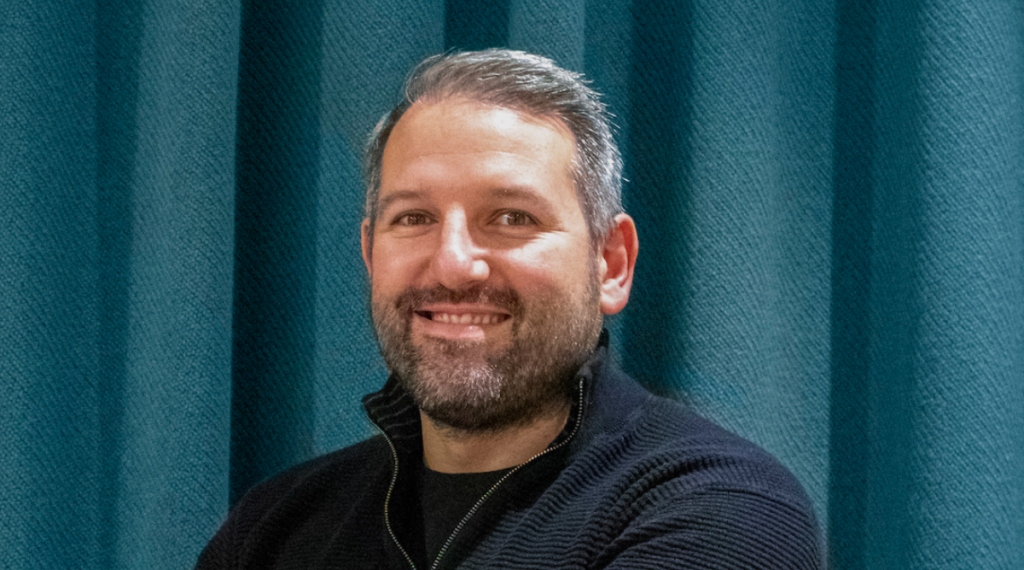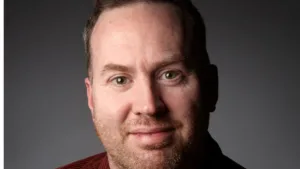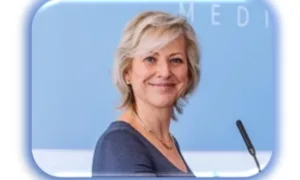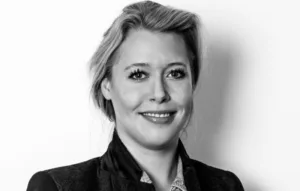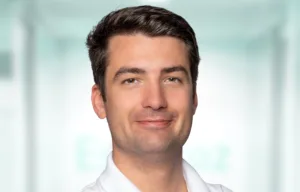We’re asking some of our industry’s leading figures to nominate their digital hero and to explain what’s so special about them.
Pauliina Jamsa, Global Senior Online Marketing Manager at Siemens, was one of B2B Marketing Magazine’s Top 10 women making the biggest impact in tech in 2019. She’s a speaker on digital marketing at conferences round the world, and also a stand-up comedian.
Who is your digital hero?
Mark Seall, Head of digital communications, Siemens. He made digital cool again. He understood that to really transform the company via digital, you need to focus on people and change their mindsets.
He took his time to explain the why to get the buy-in from people, both in management and team level, brought in a workshop culture to drive agile and showcased our digital projects and skills in a way that made everyone want to be part of the revolution.
This also motivated the team to go the extra mile.
How has their heroism helped drive digital?
Digital shouldn’t only be done by one department – everyone should be considering digital and mobile in their campaigns, projects and the way they work.
Changing mindsets is tough, but he has succeeded in doing so inside and outside the company.
What the biggest challenges in digital we need another hero to solve?
We have far too few women representing tech and the digital sector publicly. There’s a lack of women especially in B2B tech and programmatic, mainly because they have no one to relate to.
This in turn leads to women being excluded from digital and online development and the divide between the opportunities available to men and to women widens with each passing year.
To really change the digital industry, women need to increase their presence at male-dominated events to show that we belong on stage. That we also have our voice.
So, if you are organising an event or wondering who you’ll send to represent your company on stage – be a hero.
What is your most heroic personal achievement so far in digital?
I was tired of seeing only sugar-coated posts of success on social media, which contribute to increasing amount of anxiety, depression and burn out as people compare their life to something that’s not real.
Last autumn I set myself a challenge to share my personal failures so people could avoid making same mistakes I did and see that it’s OK to fail — we all do. In the end, I am a big believer in fail-safe culture, but it you really want to establish a fail-fast culture in your company, you need to lead the way and put your own neck in the line.


